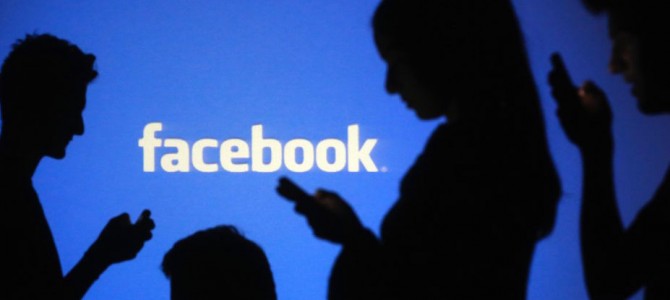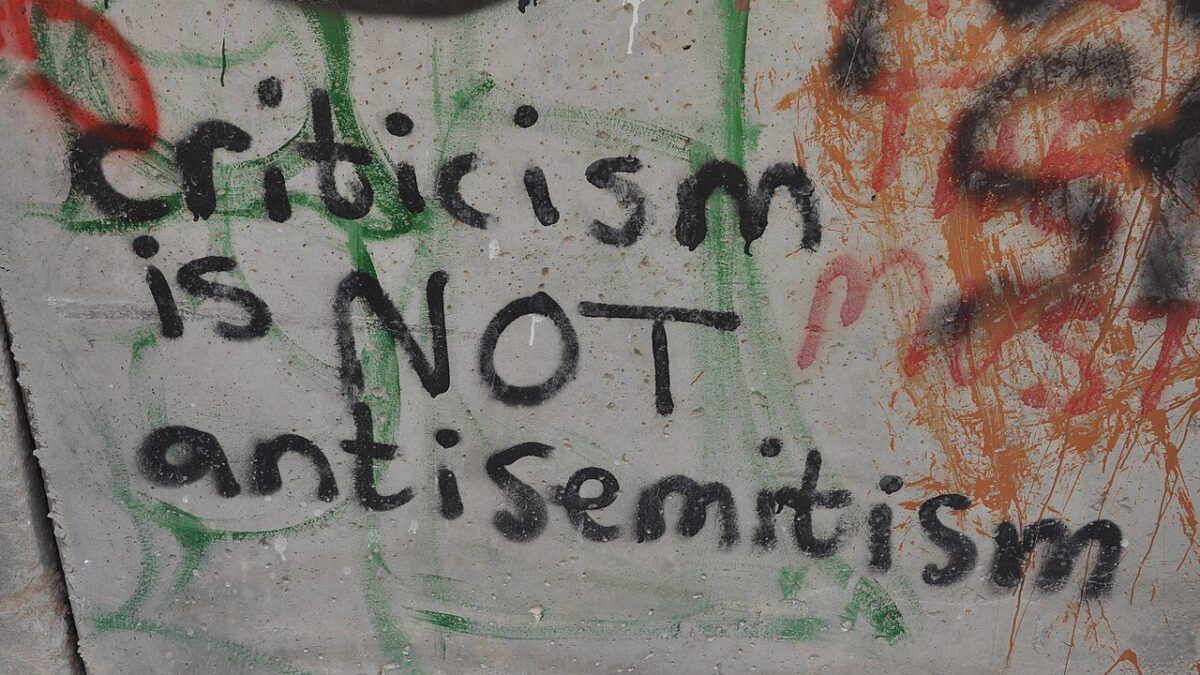In a statement released Tuesday, Facebook announced it will block ads from pages that “repeatedly” share so-called “fake news.”
False news is harmful to our community. It makes the world less informed and erodes trust. At Facebook, we’re working to fight the spread of false news in three key areas:
- Disrupting the economic incentives to create false news;
- Building new products to curb the spread of false news; and
- Helping people make more informed decisions when they encounter false news.
On its face, this new development sounds like it could be a good thing — punishing pages that share false information by blocking their ads sounds like a step in the right direction for the social network, right?
Except that the way Facebook determines what news is “fake” versus “real” is highly problematic and enables Internet mobs to censor information they don’t like. The social network also has a long track record of censoring conservative points of view and information from right-leaning outlets.
In April, Facebook announced that it would let users determine what news is fake when it unveiled an option to report false news stories. There’s no rubric or set of guidelines as to what constitutes fake news. It’s a free-for-all for Internet troll mobs.
Last year, Facebook found itself in hot water when several former employees who managed the “trending topics” sidebar went public about the social network’s routinely suppressed news and information from conservative-leaning outlets and censored items of interest to conservatives. As I’ve written in the past, the term “fake news” is itself problematic.
Legacy media entities, like The Washington Post, The New York Times, CNN, and others, routinely use the term ‘fake news’ as a slur to de-legitimize competitors that have different first principles. Ivy League professors have gotten in on the fun, distributing lists of news sites that are not to be trusted. The Blaze, The Washington Free Beacon, and The Daily Caller top the list of no-no sites.
Facebook’s latest decision to block ads from pages that share viewpoints some may not like and flag as “fake news” is only the latest iteration of the social network’s ramped-up efforts to silence information they don’t like and muzzle pages with a worldview the Silicon Valley overlords don’t agree with.









